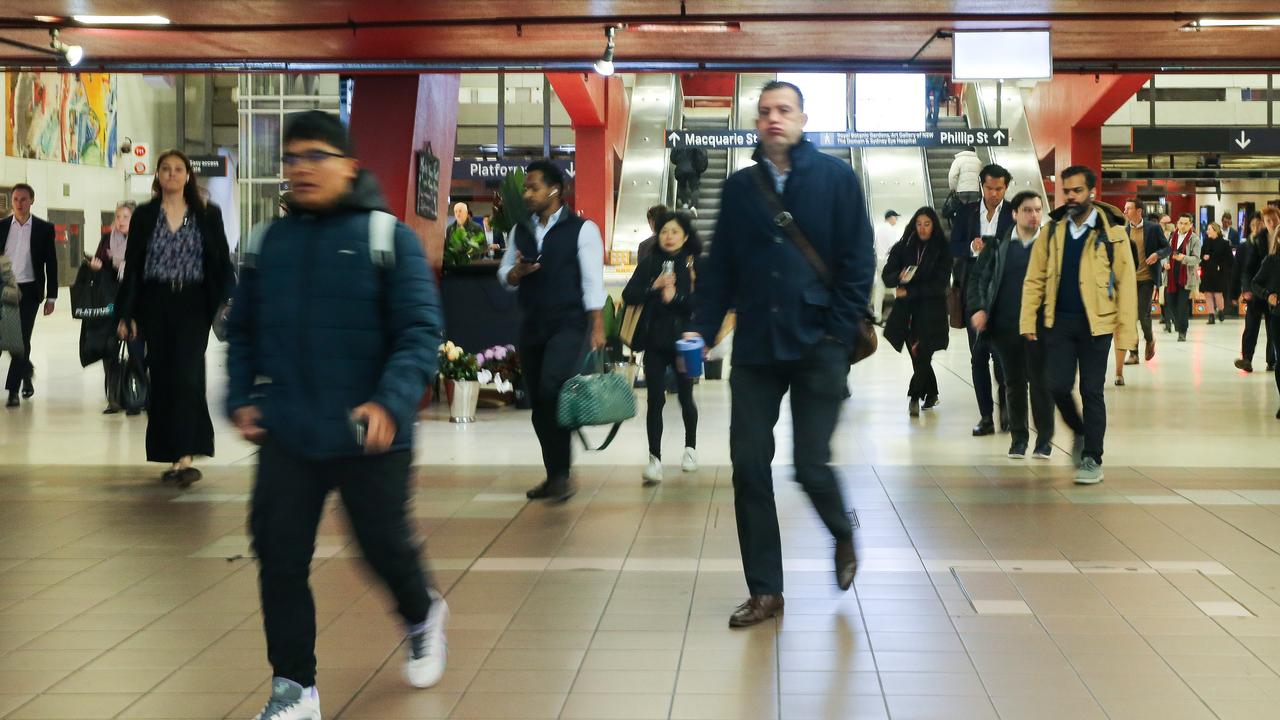Western Australia dumps controversial Aboriginal cultural heritage laws after ‘botched’ rollout
WA Premier Roger Cook has announced the state’s controversial new Aboriginal cultural heritage laws have been scrapped after widespread backlash.
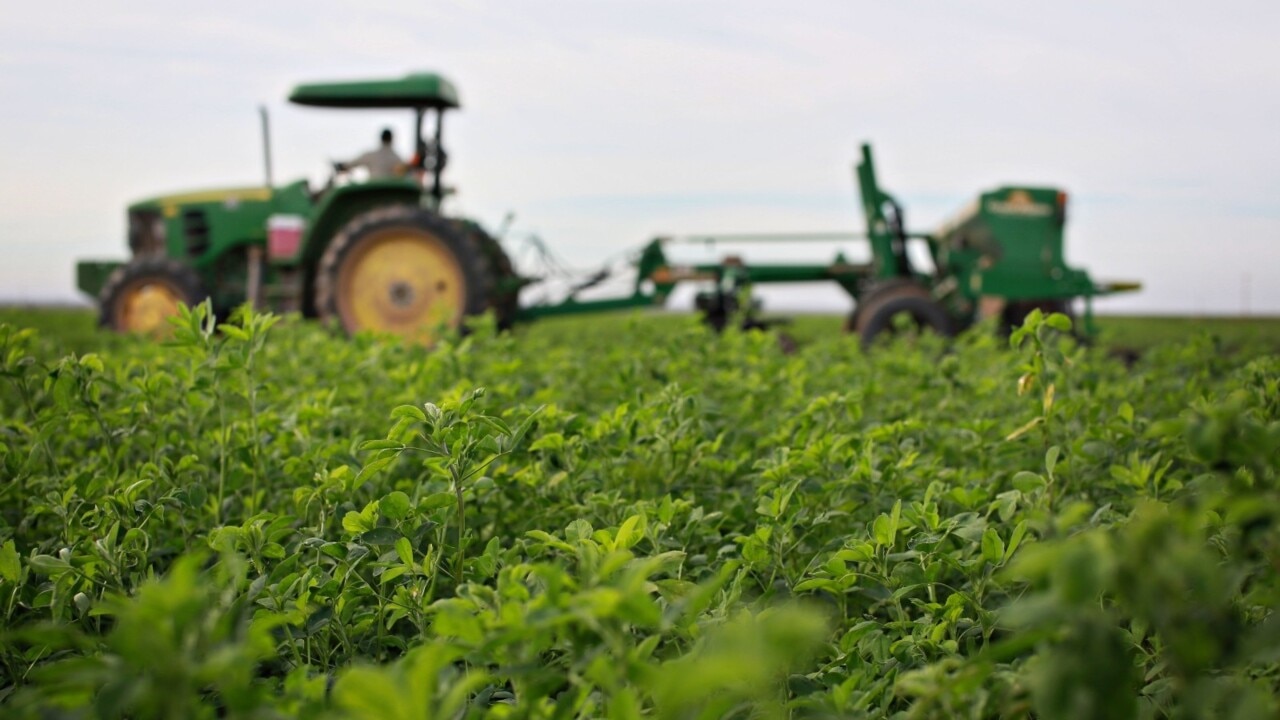
WA Premier Roger Cook has confirmed the state’s controversial new Aboriginal cultural heritage laws are being scrapped after just 39 days in operation.
Mr Cook held a press conference in Perth on Tuesday after Labor’s caucus meeting to announce the 2021 Aboriginal Cultural Heritage Act would be torn up, reverting to the 50-year-old law it replaced.
The decision, which comes after a series of high-profile controversies around the “botched” rollout of the new legislation on July 1, was widely flagged late last week.
“Put simply, the laws went too far, were too prescriptive, too complicated and placed unnecessary burdens on everyday Western Australian property owners,” Mr Cook said.
“As Premier, I understand that the legislation has unintentionally caused stress, confusion and division in the community. And for that, I am sorry.”
Mr Cook said the new laws were introduced to strengthen protections for cultural sites after the destruction of two ancient rock shelters in the Pilbara’s Juukan Gorge by mining giant Rio Tinto in 2020.
“But our response to Juukan Gorge was wrong,” he said.
“We got the balance wrong and what we did hasn’t worked.”
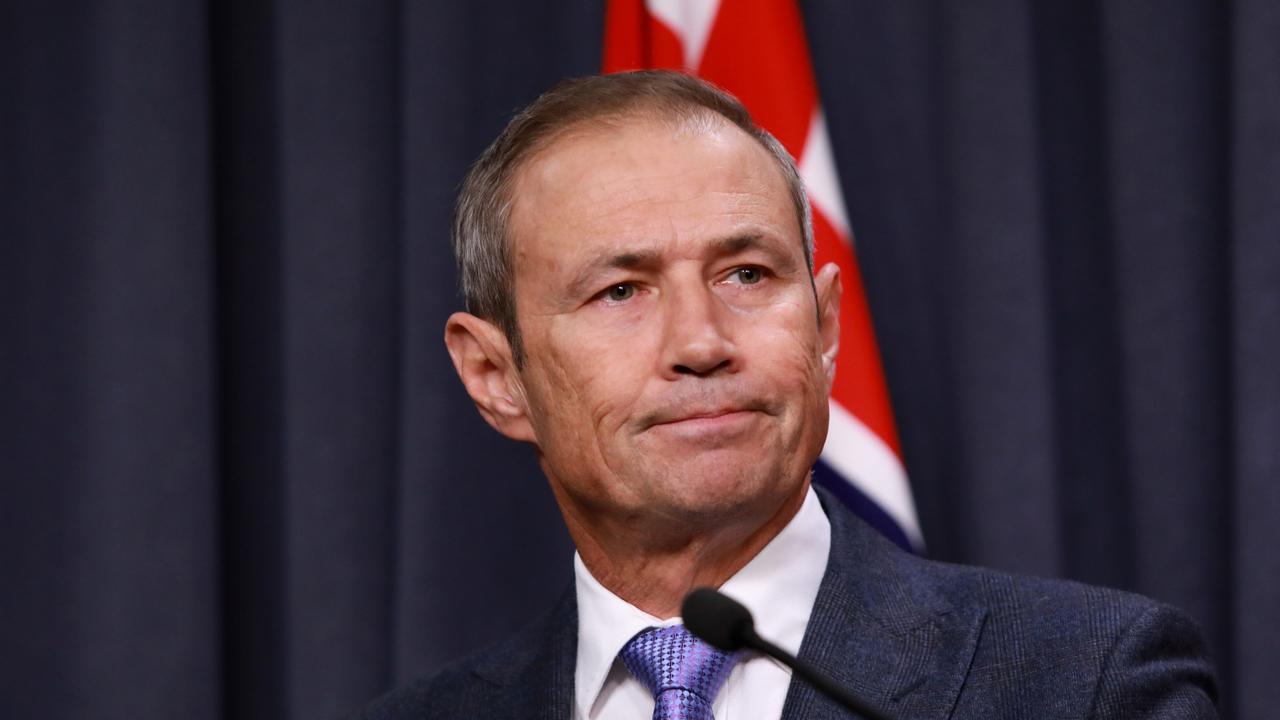
Mr Cook said his government wanted to “restore confidence in our cultural heritage systems, strike the right balance and provide the community with a simple and effective system”.
“This is a government that listens to everyone in the community,” he said.
“That is why, based on community feedback and following serious consideration, I and the government have made a decision to overturn the Aboriginal Cultural Heritage Act 2021. We will restore the original Act from 1972 with some simple and effective amendments.”
He said the decision “has not been taken lightly”.
“It is been made based upon the best legal advice and after detailed discussion and analysis of the many options, including making changes to the 2021 Act,” he said.
“But by reverting to the original 50-year-old legislation, we can reset any confusion and importantly, strike the right balance. We can ensure that Aboriginal cultural heritage is valued and with simple amendments, we can deliver a commonsense approach and prevent another incident like Juukan Gorge.”

He added, “Importantly, all WA property owners can continue to operate and manage their property just like they have for the past 50 years, without any fear of unknowingly disrupting cultural heritage sites.”
Mr Cook stressed that under the system going forward, there would be “no requirement on everyday property owners to conduct their own heritage survey”.
The system of Local Aboriginal Cultural Heritage Services (LACHS) — the key feature of the 2021 Act — which were tasked with determining whether activities would cause “harm” to culturally significant sites, “will not continue”.
“Over the coming months, we will transition away from the LACHS model and provide support to existing relevant native title groups to improve their capacity to work with government and industry,” Mr Cook said.
“The state government will start a long-term plan over the next decade to undertake heritage surveys of unsurveyed areas in high-priority sections of the state and with the consent of landowners. This service will then be held and published by government for the benefit of the state. Areas where development is imminent will be prioritised.”
The rollout of the new legislation, which opponents said had been “slammed through” parliament by Labor, was widely criticised by farmers and landholders in the state for introducing a complex layer of bureaucracy and costly red tape.
Under the three-tiered system, anyone on more than 1100 square metres of land was required to apply for a permit from their LACHS before carrying out certain activities, such as digging fences, planting trees or clearing tracks.
Penalties for damaging a cultural heritage site under the Act ranged from $25,000 to $1 million for individuals and $250,000 to $10 million for corporations, as well as jail time.
The government steadfastly refused to delay the rollout despite widespread uncertainty and confusion over the regulations, and until recently Aboriginal Affairs Minister Tony Buti staunchly defended the new laws.
But a string of embarrassing incidents, including an Aboriginal corporation allegedly holding up a series of tree planting events after demanding $2.5 million, caused increasing headaches for the state government.
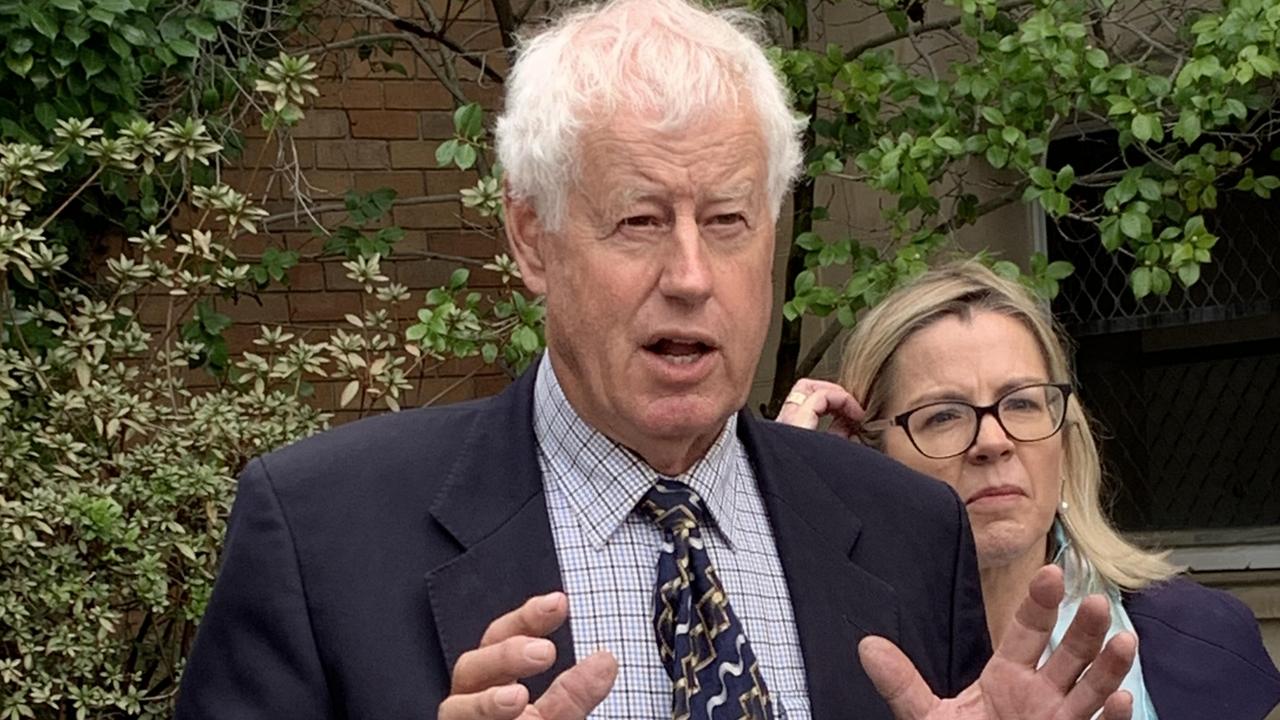
Mr Buti told reporters on Tuesday that the legislation had been introduced after an “extensive five-year consultation and co-design process”.
“The 2021 legislation has been found to be complex and over-prescriptive,” he said.
“This has caused confusion and concern in the community. This was never our intention, and I am sorry this has happened. We have listened to the concerns raised and taken time to assess the legislation and find their way forward that is fair, reasonable and responsible.”
The “simple amendments” to the reinstated 1972 Act would be aimed at “ensuring that there is no further disruption of cultural heritage like we saw with the devastating loss of the 46,000 year old Juukan Gorge Rock shelter”.
“In repealing the current Act, we will remove the tiered approval system which we have been told is confusing and we will revert to the approval system under the 1972 Act and the well-known and well understood Section 18 process,” he said.
“This Section 18 process will be strengthened with changes mainly impacting miners and governments. These amendments to the Section 18 process will provide Traditional Owners with the same rights of appeal as those afforded to land proponents.”
Pastoralists and Graziers Association of WA president, Tony Seabrook, who had vocally opposed the new laws, said on Monday that “the view that most people have taken here is that this is a vastly flawed piece of legislation”.
“Withdraw it and start again,” he told 2GB’s Ben Fordham.
“I don’t think the Labor Party had any concept of the collateral damage and the unintended consequences. I’ve got some friends who run a nursery … they’ve had to send 55,000 tree seedlings to South Australia because the people that were going to plant them here weren’t game to do it.”
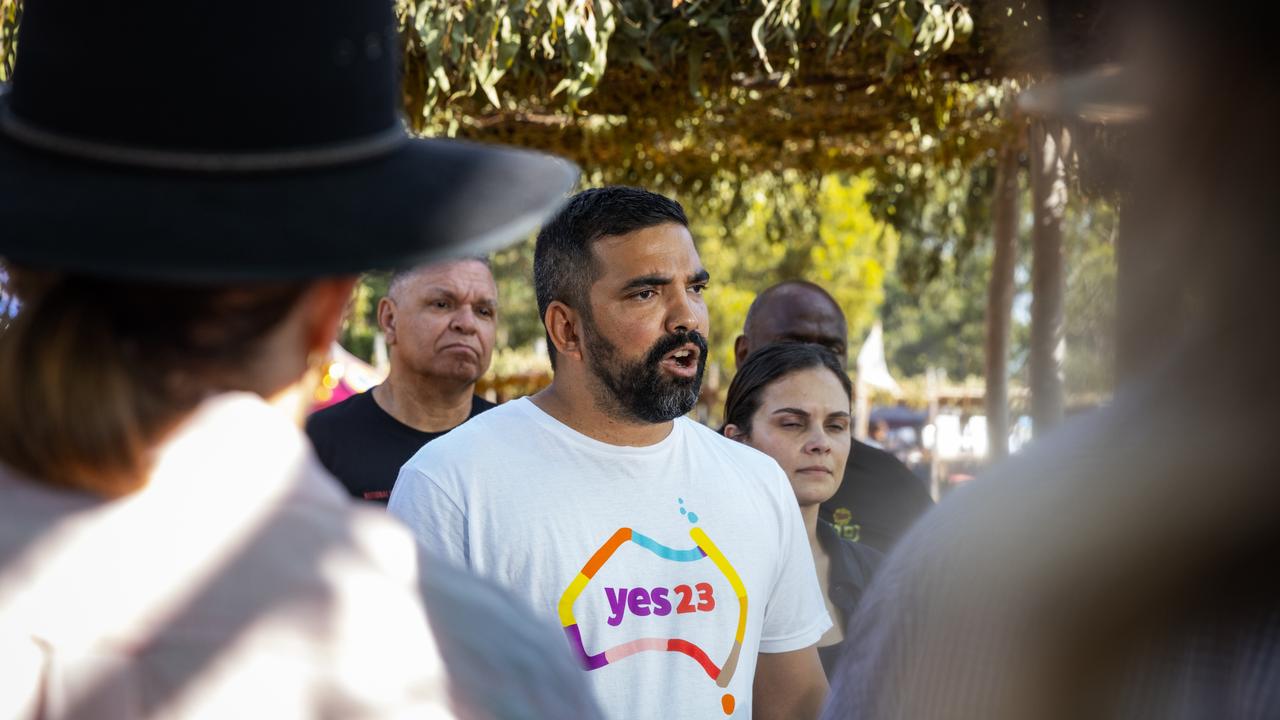
Late last month, hundreds of furious farmers and landowners packed a hall in Katanning, 280 kilometres southeast of Perth, to voice their concerns.
The meeting was attended by high-profile politicians and industry representatives including federal Nationals leader David Littleproud. WA Labor MP Darren West was the only representative of his party to attend the Katanning meeting, and conceded to the farmers the government had “botched” the messaging about the laws.
WA had been under increasing pressure to repeal the legislation amid flagging public support for the Voice referendum.
On Saturday, Yes23 campaign director Dean Parkin welcomed reports of the Cook government’s decision, saying it gave his side clear air ahead of the anticipated October vote.
“It absolutely gives us a clear pathway … to be able to focus very closely on that very simple question on recognising Aboriginal and Torres Strait Islander peoples as the first people to this country through a Voice,” he told WA Today at the Garma Festival in Northeast Arnhem Land.
“Unfortunately some of those issues have been caught up a little bit with that debate about cultural heritage in WA.”
Speaking to reporters on Tuesday, Mr Cook insisted he had “not had any communication with the Prime Minister or any federal members in relation to these laws”.
“The only contact I have had with the federal government in relation to these laws is when I contacted the Prime Minister yesterday to announce that we would be going in this direction,” he said.
“The Voice is about three simple concepts — acknowledgment, recognition and consultation. Any fair-minded Australian believes that they are important things to embody in our Constitution and I will continue to campaign for those.”
Debbie Dowden, 56, owner of the 200,000-hectare Challa Station in the state’s mid-west Murchison region, told news.com.au on Tuesday she was “absolutely delighted” by the announcement.
More Coverage
“It really takes the pressure off any work we’re planning on doing on the property because now we can proceed with certainty, and carry on preserving Aboriginal cultural heritage in conjunction with Aboriginal people on country,” she said.
“It doesn’t change anything on our property — we always preserve Aboriginal cultural heritage, we’re adamant about that. But hopefully it can go a way towards mending the fracturing in the community we’ve seen happening, we’ve seen divisions starting to form, nasty comments on social media, really negative backlash about these laws. I really hope the community can get back together and work together as we always have.”
Read related topics:Perth


